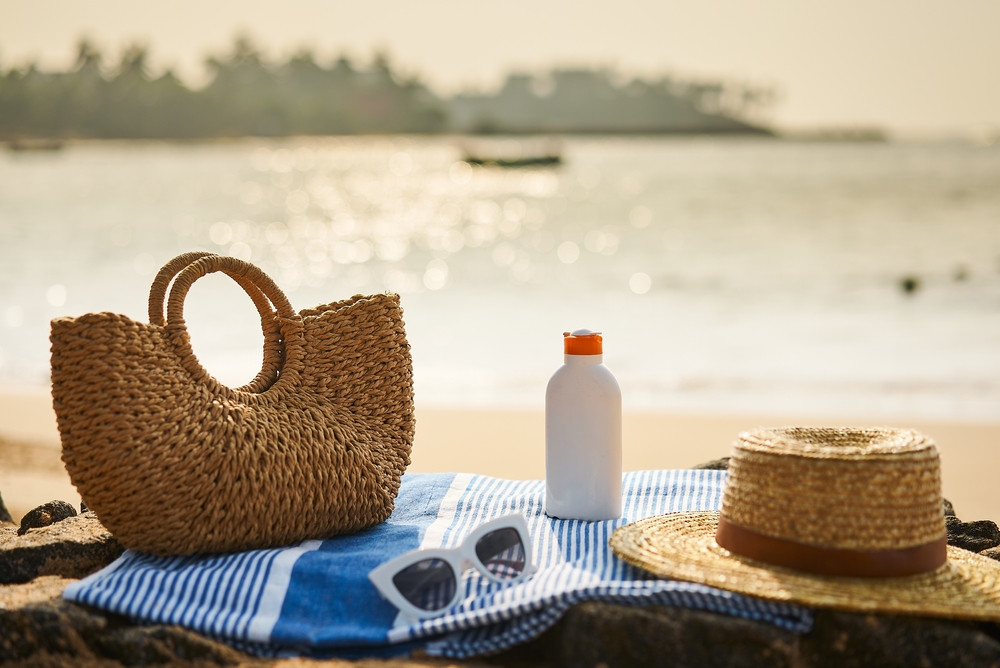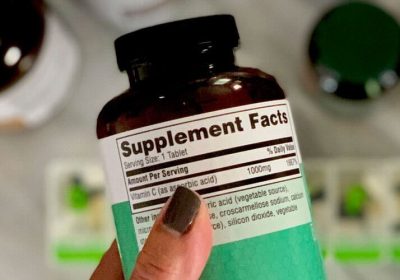Because of broken FDA rules, American sunscreens are older, less effective, and more dangerous than sunscreens sold overseas.
Listen to the audio version of this article:
THE TOPLINE
- The FDA treats sunscreen as a drug, unlike Europe where it is a cosmetic, leading to outdated, less effective, and potentially more dangerous sunscreens in the US. This hinders access to superior sunscreen products with better UVA protection and newer, safer ingredients.
- US sunscreens primarily protect against UVB rays but offer inadequate UVA protection, which can penetrate deeper into the skin and contribute to aging and cancer. Despite increased sunscreen use, skin cancer rates in the US are rising due to this gap in protection.
- The FDA’s stringent regulation and slow approval process for sunscreen ingredients parallel its approach to natural products, stifling innovation and access. By requiring expensive clinical trials for natural products, the FDA effectively limits their availability, benefiting the pharmaceutical industry at the expense of consumer health.
As many of us gear up to spend time outside for July 4th celebrations, now may be a good time to reflect on sunscreen. The US is lagging woefully behind European and other countries when it comes to UV protection, which puts us at higher risk of skin cancer. Why? Because the FDA treats sunscreen as a drug, rather than as a cosmetic as in most other countries, which puts superior products out of reach of US consumers. It is emblematic of everything that is wrong with our regulatory systems.
Every day, 9,500 people in the US are diagnosed with skin cancer, and rates are increasing despite increases in sunscreen use. Why? The problem may be linked to the fact that sunscreens approved for use in the US protect mostly from ultraviolet B (UVB) rays that cause sunburn. Ultraviolet A (UVA) rays have a longer wavelength and penetrate deeper into the skin, contributing to aging and the development of skin cancer. UVA rays can damage us unknowingly, as they can pass through clouds and don’t necessarily cause burns.
European sunscreens are regulated as cosmetics, so there is more flexibility to create better products with newer, safer ingredients that also feel better once applied. According to independent testing, only about a third of 51 US sunscreens met European standards for UVA protection.
If you’re thinking that you can just buy the European products online, think again! International sunscreens cannot legally be sold or bought in the US, even for personal use.
Because the FDA regulates sunscreen as over-the-counter drugs, getting new ingredients approved is incredibly expensive and time-consuming, requiring clinical trials. The FDA has not approved a new sunscreen ingredient since 1999. The European Union allows 27 different active ingredients to block sunburn and skin damage; the FDA has approved only 17. More effective chemical filters used by European companies keep sunscreens from being greasy, chalky, and unpleasant while also lasting longer.
Adding insult to injury, the FDA’s excessive regulation of sunscreen ingredients does not provide us with safer products. We’ve already mentioned the issue with skin cancer and UVA vs. UVB protection; we also reported previously on the dangers of some of the FDA-approved sunscreen ingredients that are endocrine disruptors. Millions of people in Europe have used newer sunscreens for more than a decade with no apparent safety issues—but that’s not enough for the FDA.
Does any of this sound familiar? These are the same dynamics, the same laws, that stifle the natural products industry. The FDA is trying to apply the drug standard to as many health-related products as it can—that is, requiring prohibitively expensive clinical trials to prove a product is “safe and effective” to treat, mitigate or prevent a given disease. This is what is preventing us from learning about the myriad health benefits of supplements. It is the axe hanging over our homeopathic remedies and compounded bioidentical hormones.
As we’ve been saying all along, applying the drug standard to natural products is really a backhanded way of trying to ban them. Clinical trials are incredibly expensive. No supplement company will spend the money to bring a vitamin through FDA approval because they are natural and cannot be patented like new-to-nature drugs can, so the cost of the trials cannot be recouped. The same applies to homeopathy and compounded medicines. The FDA claims safety is its priority, but to us it looks like protecting drug industry profits tops the list.
Until the FDA is fundamentally reformed and no longer beholden to the drug industry, it will continue to be an adversary to our access to natural products. Which, ironically, also happens to be why so few have heard about products like Curaderm, a topical cream made from the Devil’s apple fruit and eggplant extracts that is among the most effective ways of effectively and painlessly treating non-melanoma skin cancers (notably basal or squamous cell carcinomas).




Start taking 12 mg. astaxanthin 1x/day and everyday. It’s the substance that makes shellfish red or pink. It takes a month to get into your system so start it as soon as possible. You won’t need sunscreen if you are just walking and exercising outside. It’s also great for your vision.
https://www.cocooncenter.co.uk/account.html
One can buy European manufactured sunscreen online.